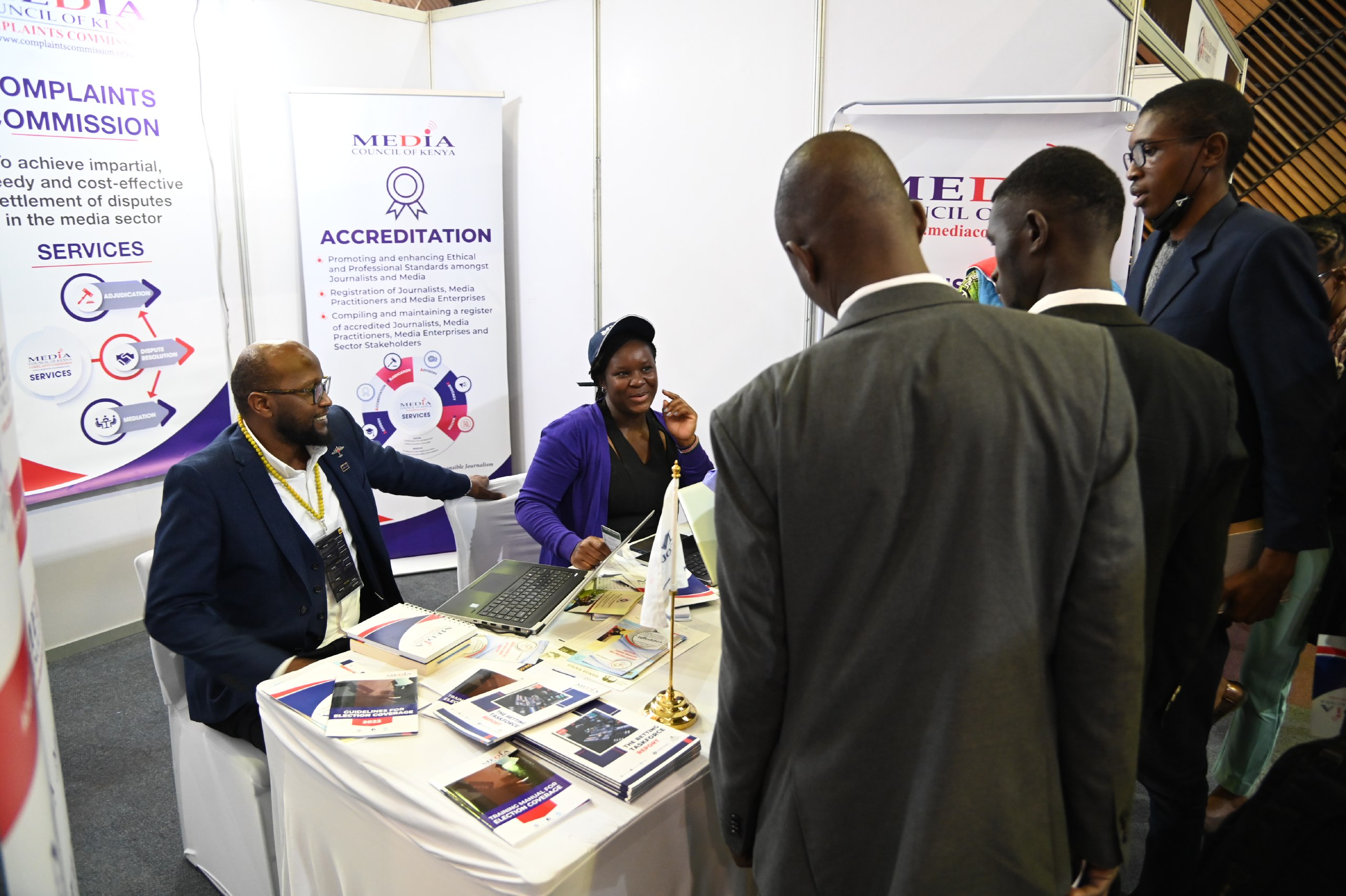
By Victor Bwire
With the campaigns reaching fever pitch in the country, and with the country’s violence-related election history, voter education must be complemented with media information literacy.
Online and offline media is the leading source of information to most Kenyans. To prevent violence, and by extension political extremism that is already showing signs in the country, we must double efforts in empowering Kenyans to become responsible users of media content.
This sensitisation should go beyond traditional media and social media, and incorporate alternative media forums to engage the youth in positive national dialogue, involvement in elections and related national reconciliation initiatives.
Media engagement and entrenching media and information literacy especially through the school structures becomes very critical.
The country urgently needs a Media and Informational Literacy Policy and legal framework that creates the mainstreaming of media information literacy in the education curriculum.
Recruitment and radicalisation are largely occurring through the media space as political sessions, speeches and slogans sharpen the push and pull factors in violent extremism.
A lot is happening in curbing hate speech and misinformation in the country via the media through electioneering activities, but not much is happening to deal with the rallying calls for political extremism that is equally dangerous for the country.
The political tensions associated with the elections are coming just when the country is struggling with mitigating the COVID-19 effects on the country. This has created space for extremist groups to regroup, refocus and come to fore with their presence already evident in some parts of the country.
Global statistics indicate that COVID-induced travel restrictions imposed by governments, as well as the closure of businesses disrupted the work of criminal gangs who thrive on drug trafficking, terrorism and illegal control of social services to survive. This groups have now turned to cybercrime as an alternative source of funding.
Good interventions aimed at curbing the pandemic, like enhanced bundles from telecos to assist in working from home and home-based schooling, coupled with idleness and job losses, has opened up easy avenues for recruitment of youth into criminal activities including terrorism.
In the wake of these recruitment opportunities underpinned by curfew, self distancing and related government interventions to curb the spread of COVID-19, ongoing efforts by the National Counter Terrorism Centre and the sustained engagement of both national and local media platforms for voices of moderation against extremism have slowed down.
In the context of increasing demand for respect for human rights which includes freedom of expression and right of access to information, media content regulation in Kenya is as problematic as in the rest of the world given the rapidly expanding information and communication space.
As we grapple with ensuring our regulatory environment protects Kenyans against harmful information and nonprofessional content, we must prioritize developing a national policy and strategy on media and information literacy for the country to make meaningful use of ICT innovations instead of over-relying on regulations.
With expanded space to access information and express themselves, Kenyans have more access to local and international media content, which on some occasions is harmful or breaches laws and regulations.
There is great need to understand how media content is generated, composed and distributed. A national effort and call to invest in nationwide programs on media and information literacy that will help Kenyans especially the youth to appreciate the values and morals behind information production is necessary.
Kenyans, particularly the young, are inundated with information from across the web that they need to make sense of. They need sufficient skills to enable them to take advantage of these resources and deliberately navigate these information spaces.
For a start, the information they access should be packaged in cultural format familiar to them. This is where their skills in deciphering and selectively apply the information is important.
It is for this reason that we need to educate Kenyans especially the youth on responsible use of information. It is important that the Government creates a MIL policy that will ensure that the youth within the education system are exposed to skills relating to their understanding of media and information processing.
The Constitution in Article 10 implores Kenyans to cultivate a culture of homegrown values including patriotism, national unity, sharing and devolution of power, the rule of law, democracy and participation of the people; human dignity, equity, social justice, inclusiveness, equality, human rights, non-discrimination and protection of the marginalized; good governance, integrity, transparency and accountability; and sustainable development.
The MIL policy framework must ensure that all agencies involved in education, information, training and other communication technologies incorporate MIL in their programs with the overall aim being to inculcate in the citizens knowledge, attitudes, skills and practices.
This new skills can be applied in accessing, analyzing, evaluating, using, producing and communicating information and knowledge in creative, legal and ethical ways that respects human rights.